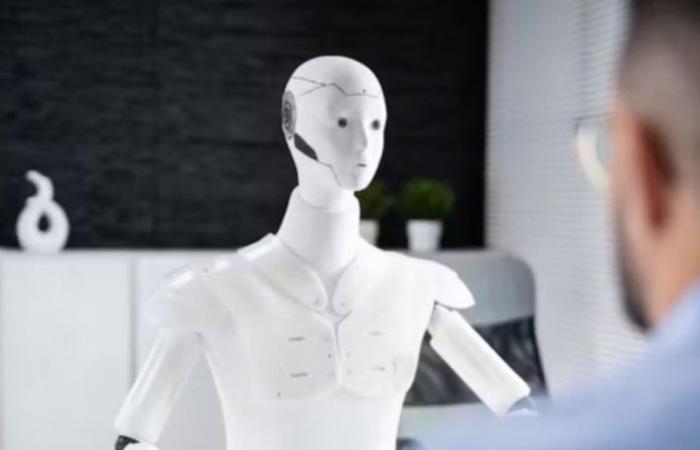By Fernando Díez Ruiz and Elene Igoa Iraola
Can you imagine an ultra-fast talent selection and hiring process in which the ideal person for a given job position would be searched and located in record time, with virtually no human participation?
If artificial intelligence is changing the way we work, Human Resources departments (People Management, Human Capital, Talent Management, etc.) are no exception and have been experiencing tremendous transformative momentum in the last year.
Human resources directors have begun to implement artificial intelligence quickly and with very little research to support it. This has its advantages and disadvantages: the human resources professional begins to supervise the process, which makes the work easier, but with the risks that this entails.
Without going into the advantages and disadvantages of artificial intelligence, what applications are currently being used?
AI applications for human resources
Although the changes introduced by AI affect the entire talent management process, in the curricular screening and selection part, candidate tracking systems (Applicant Tracking System, ATS) improve and speed up the selection processes for candidates. candidates who fit the requirements of the position. For companies, this is possibly one of the most sensitive issues: incorporating good or bad candidates.
Right now (because everything is going very fast when it comes to AI), these are some of the applications that large companies are using:
HireVue: Analyzes video interviews and evaluates candidates based on their body language, tone of voice, and keywords. Provides valuable information about candidates’ skills and suitability. Unilever, Mercedes-Benz, St. Jude Children’s Research Hospital and General Mills are among its clients.
Braintrust AIR – Simplifies the process of finding, hiring and managing workers globally. Its AI-powered features include a job description generator, candidate matching, and asynchronous interviews. It is used by NASA, TaskRabbit, Walmart, Nextdoor, Deloitte, BlueCross BlueShield, Wayfair, PacificLife or Nike among others.
Pymetrics: assesses candidates’ cognitive and emotional abilities using neuroscientific games and AI algorithms. Then compare the results to success profiles at the company to find the best fit. It is used by Boston Consulting Group, Swarovski, ANZ, Kraft Heinz and Colgate-Palmolive.
HireEZ – This search and recruiting tool uses artificial intelligence to find candidates across platforms, optimizing candidate search and filtering by applying specific search criteria in the recruiting process. PWC, PNGWing, reddit, twitter, Booking and WilsonHCG are among its clients.
Eightfold.ai: Using deep learning, it helps companies find, hire and retain talent. Analyzes candidates’ employment history, skills, and future potential. Bayer, Chevron, Coca-Cola Europacific Partners, Vodafone, Activision, OneTen, DexCom, Nutanix, Eaton, BNY Bellon, box or NTTdata are using it.
Textio – An AI-assisted writing tool that helps write more engaging and inclusive job descriptions, thereby improving the diversity and quality of candidates who apply. Uber, Nasdaq, T-Mobile, Strava, PSCU and Glowforge use it in their search for talent.
Entelo – Improves the accuracy and effectiveness of recruiting processes by using data and prediction algorithms to identify potential candidates, analyze their resumes, and predict their likelihood of success in the specific role. Goldman Sachs, Netflix, Meredith, The New York Times and Xero are among its clients.
What does the research say?
Given the speed at which AI is advancing, research on artificial intelligence in human resources is recent. In health, some results already warn of the care that must be taken to ensure that AI-driven solutions promote justice, transparency and equity, without forgetting issues such as algorithmic bias, data privacy and the impact on health. human labor.
Using artificial intelligence in human resource management optimizes operational efficiency, improves the employee experience, and helps companies achieve their long-term goals. However, it is important to remember that implementing AI also poses challenges such as data security, privacy, and ethical considerations.
The research will have to provide reliable data that allows us to rigorously assess what its use entails. Let’s not forget that it is applied to people and their data, to predict whether you have a suitable candidate or not.
The beginning of the selection process will depend on the initial screening of the AI. Therefore, it is an entry barrier that does not address feelings or needs, but rather helps in making decisions automatically and quickly.
*Fernando Díez Ruiz, Associate professor, Faculty of Education and Sport, University of Deusto and Elene Igoa Iraola, Predoctoral Researcher, University of Deusto
This article was originally published on The Conversation. Read the original.






